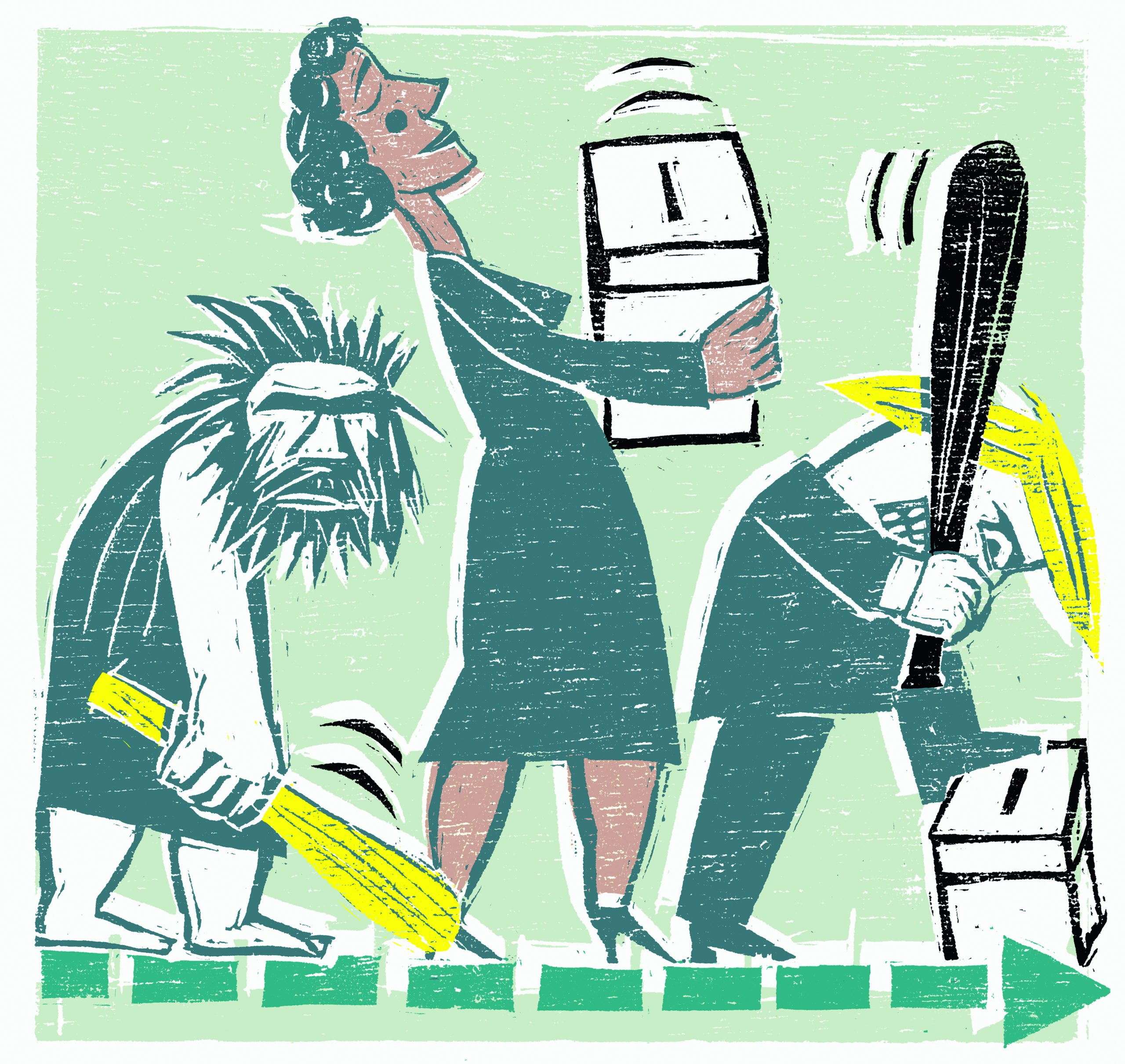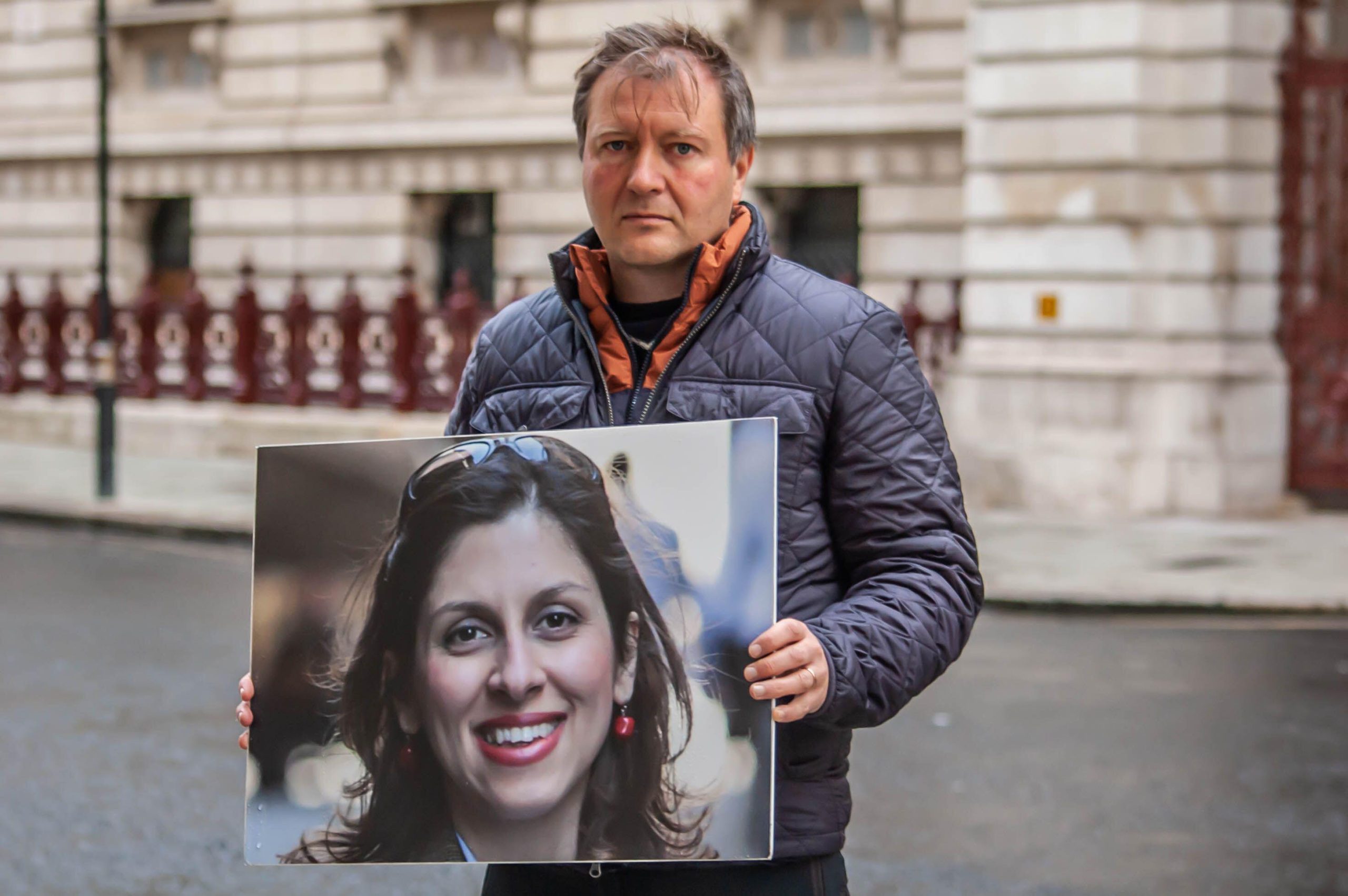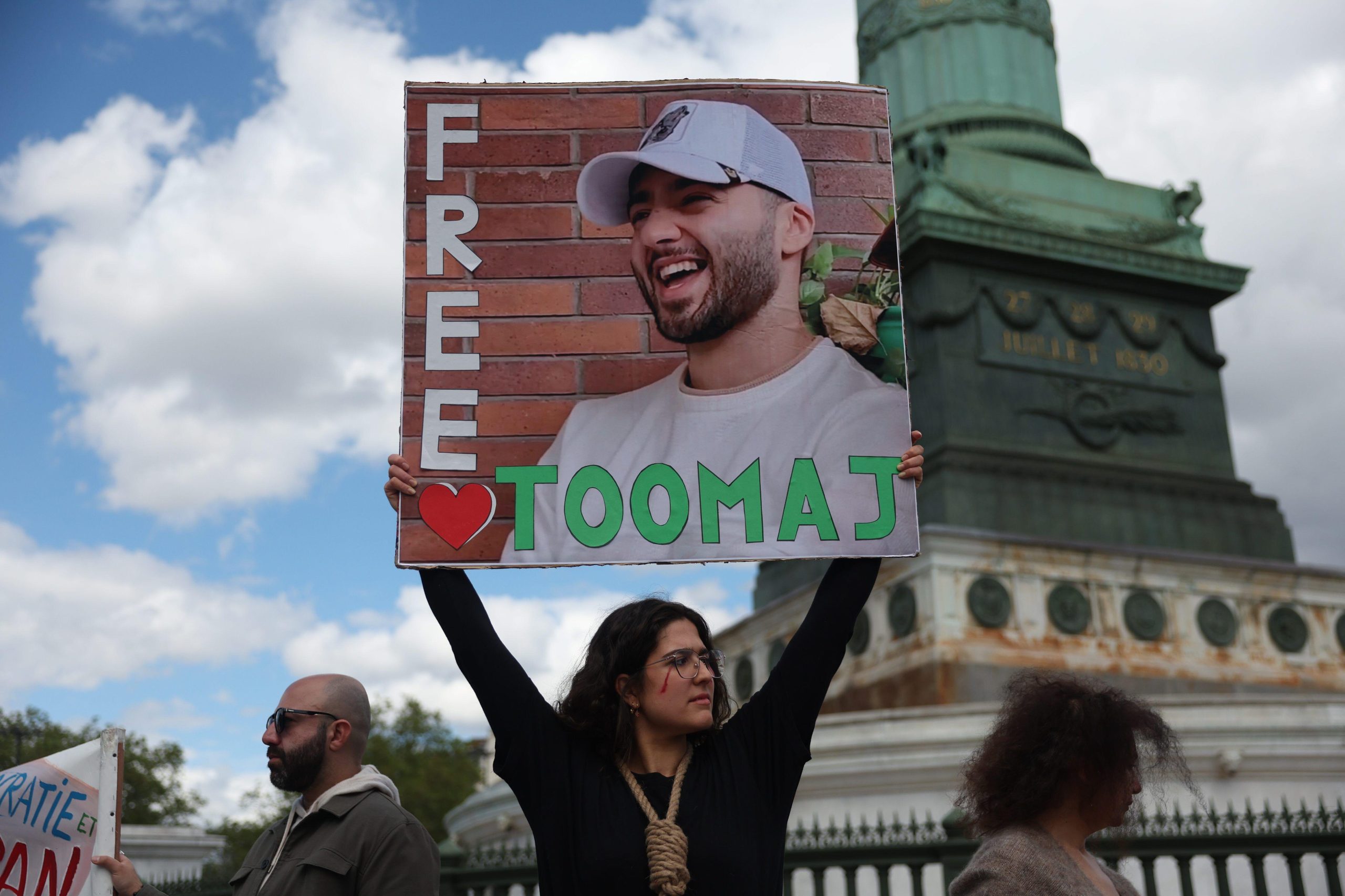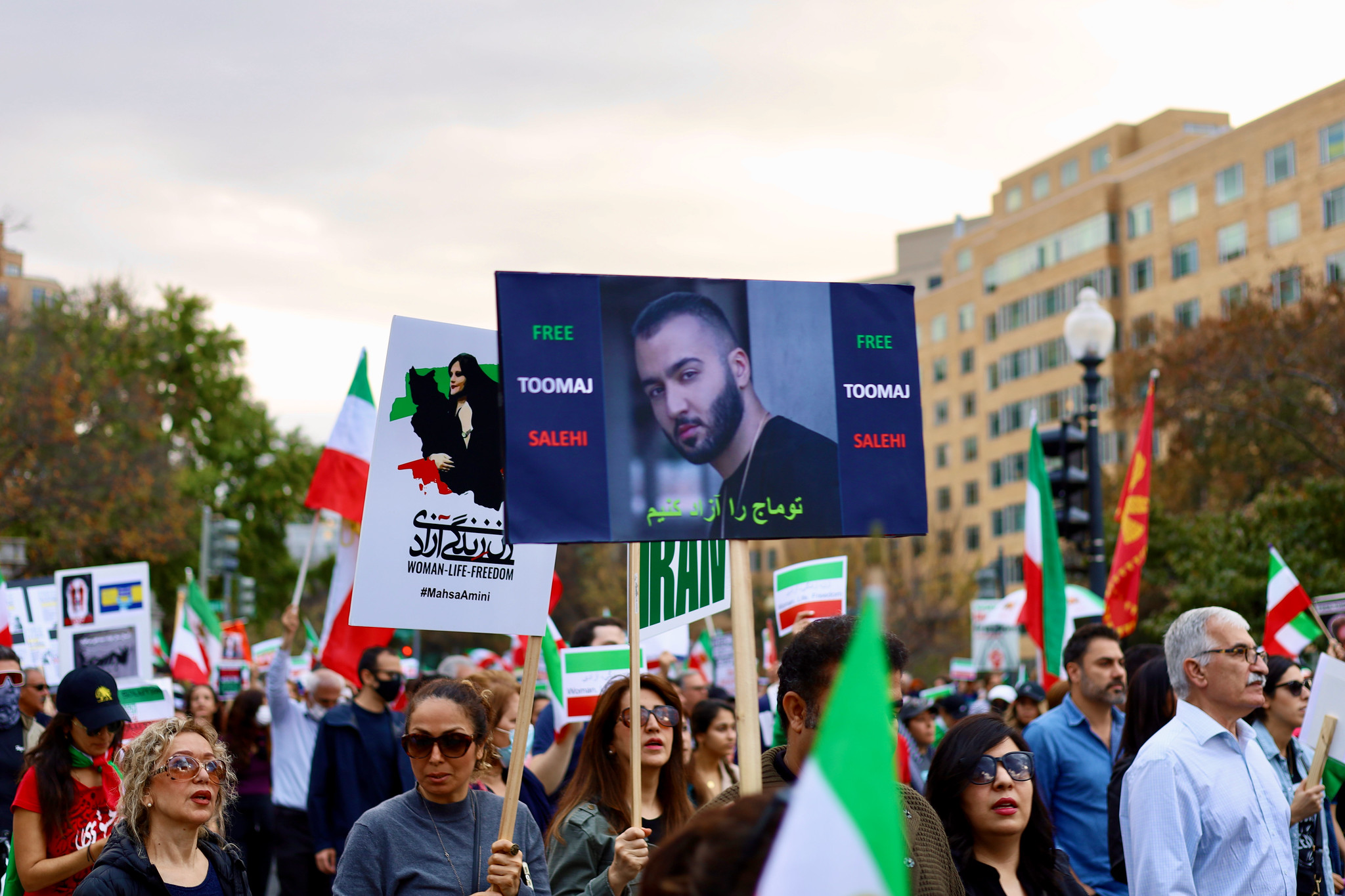As an arcane UN body seeks new relevance and campaigns to take over internet governance, Dominique Lazanski — a member of the UK WCIT-12 delegation — outlines the risks it poses to net freedom and free speech
At the beginning of November I traveled to Baku, Azerbaijan, to attend the Internet Governance Forum. As the imported London taxi cabs zipped along the streets, my old school friend who now lives in Baku explained to me that in preparation for the Eurovision Song Contest earlier this year, the government built new facades on the ageing, Soviet buildings in order to revitalise the fronts of the buildings that face the street. This temporary veneer, placed on top of a series of ever crumbling structures and not designed to last, reminded me of the what the International Telecommunications Union (ITU) is hoping to achieve in the World Conference on Information Technology (WCIT): make itself relevant, if only for a short while.
WCIT begins tomorrow (December 3) and lasts for two weeks. This is where the much-discussed International Telecommunications Regulations (ITRs) treaty will be renegotiated and discussed for the first time since 1988. The ITU was founded in the 1860s as a single place in which telephone and telegraph standardisation could take place across multiple countries and territories with differing standards and payment systems. The ITRs as a treaty was one way in which this could be achieved through the ITU process, and the 1988 ITRs focused on telephone exchanging and payments.
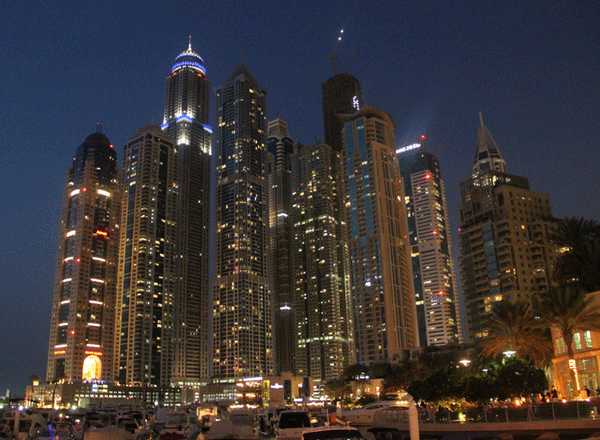
WCIT will take place in Dubai from 3 – 14 December
Back in 1988 the internet was barely a twinkle in the eyes of those who participated in the last WCIT. The rapid growth of what we know today as the internet has hit the revenue of traditional telecommunications. We all know the story: the decentralised, pervasive information and communication network has grown rapidly providing freedom of speech, opportunities and prosperity to all, including those in developing countries and the aged population in Europe. The benefits of the internet seem obvious to us, but at the WCIT those benefits and how they were achieved will be questioned.
The current internet governance model is one in which all can participate. It is a multi stakeholder. The Internet Governance Forum that I just attended, along with members of Index on Censorship and other civil society groups, is the main, annual opportunity in which anyone who wants to attend – indeed any stakeholder – can participate. It is free of charge and invites all levels of experience and expression. Regional events throughout the year offer similar opportunities including those hosted by the Internet Society and the OECD.
This model is currently under threat at the WCIT. The ITRs were never meant to have anything to do with the internet, but governments who attempt to control their own people, often unsuccessfully, through limited access to websites and other online services, are proposing to place tighter restrictions on the internet itself in the name of spam and cyber security through the treaty. The multi stakeholder model is not only under threat from them, but is also under threat from other proposals closer to home, like the “sender pay” model that European Telecommunications Network Operators (ETNO) has put forth which will require a payment from the originator of the web content. The list of other proposals that would fundamentally change the way the internet works goes on, but in all of these proposals, governments would be in control of internet governance and it would no longer be a multi stakeholder model.
The Center for Democracy and Technology has done a fantastic job of highlighting these issues and they have tools and a joint letter to sign up to. Dot next put all of the new proposals online for the ITRs recently, as did WCIT Leaks. The documents were previously only available to members of the ITU — and that does not include civil society. At the WCIT conference itself, only government delegations are allowed to attend. Though the UK and US have civil society members on their delegation, most countries will not. How can an international treaty on telecommunications which may now include the internet, not include all stakeholders who, for the last seven years, have been discussing internet governance at the Internet Governance Forum?
So for the first two weeks in December, we will wait to see what exactly happens at the WCIT and what the new ITRs will look like. Many countries, including the UK, will seek to ensure that the ITRs and the resulting treaty remain as top-level principles, that will not force restrictive conditions that could change the internet. Many will not, however, seek to achieve this same goal. And for most of us who work in civil society groups, we will have no say in the final outcome. At the beginning of 2013 the ITU may have a new veneer called internet governance, but the same old, closed system of governing telecommunications will stand behind it, crumbling slowly despite its best attempts.
Dominique Lazanski is the head of digital policy at the TaxPayers’ Alliance and a member of the UK delegation to WCIT-12.
What can you do?
Index and many other civil society organisations that fight for free speech and internet freedom oppose moves to give the ITU authority over the internet. Join more than 33,000 other citizens from 166 nations and sign here to ask your nation’s leaders to protect global internet freedom
If you are an academic or work for a civil society organisation — join us by signing on here and send the letter to government officials who are participating in the ITU process
==


